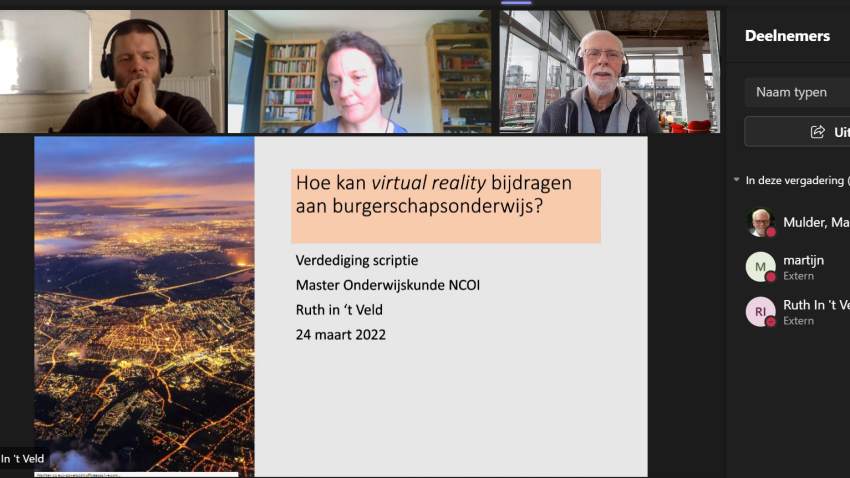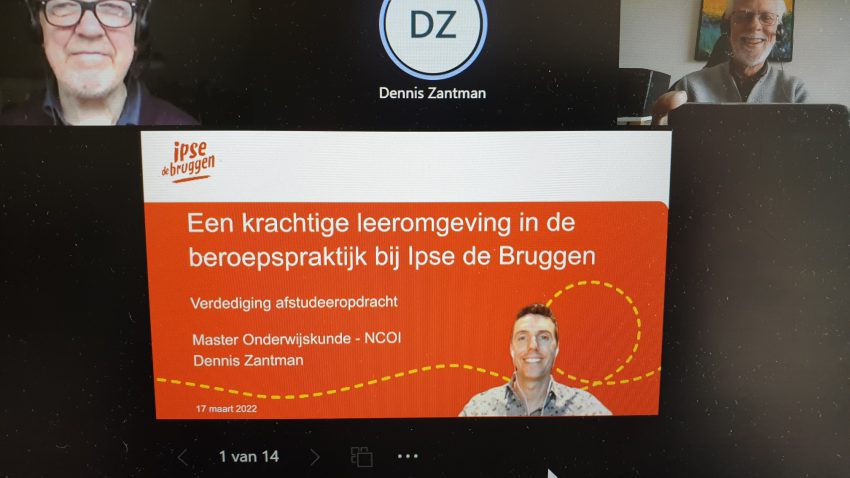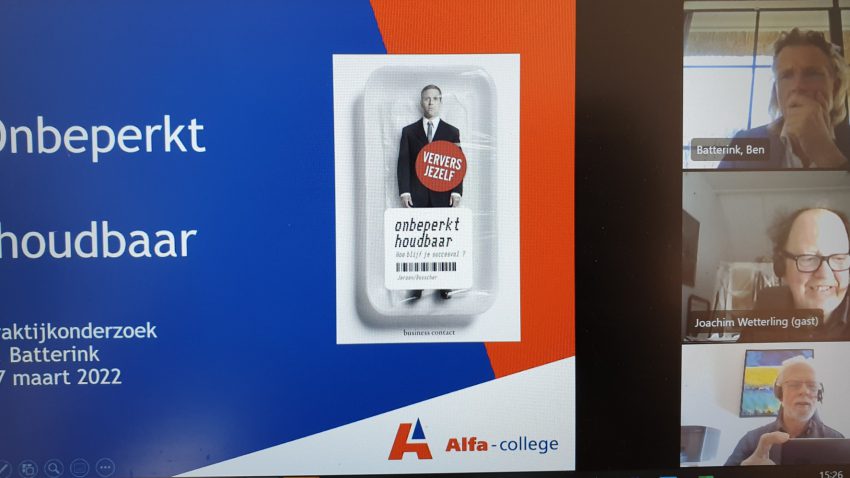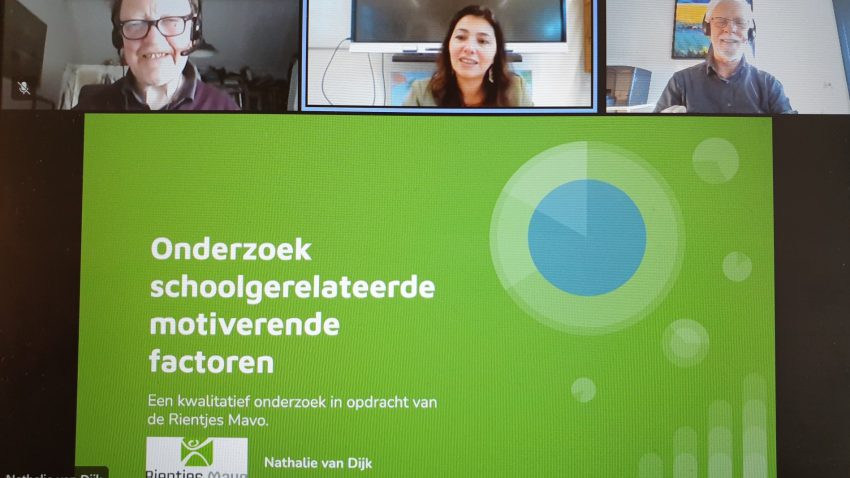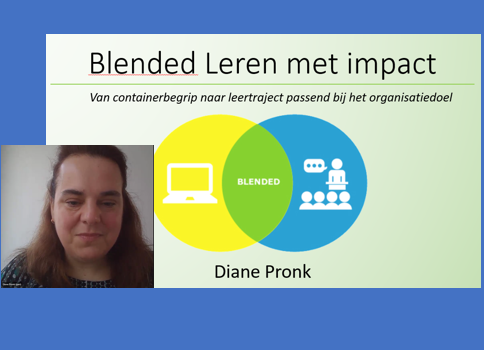I am happy to share that I will give a webinar on May 19, 2022, on ‘Competence development in the agrifood-cluster’ for the Professor Jayashankar Telangana State Agricultural University (PJTSAU) based in Hyderabad, Telangana, India. Today I had a good talk about that with Dr Ravinder Naik and Prof Maligireddy Jagan Mohan Reddy, from the the Department of Agricultural Extension, at the College of Agriculture of PJTSAU. The webinar will be open for all agricultural advisory and capacity development professionals. After further planning of the webinar during the beginning of April, more details will be shared.
